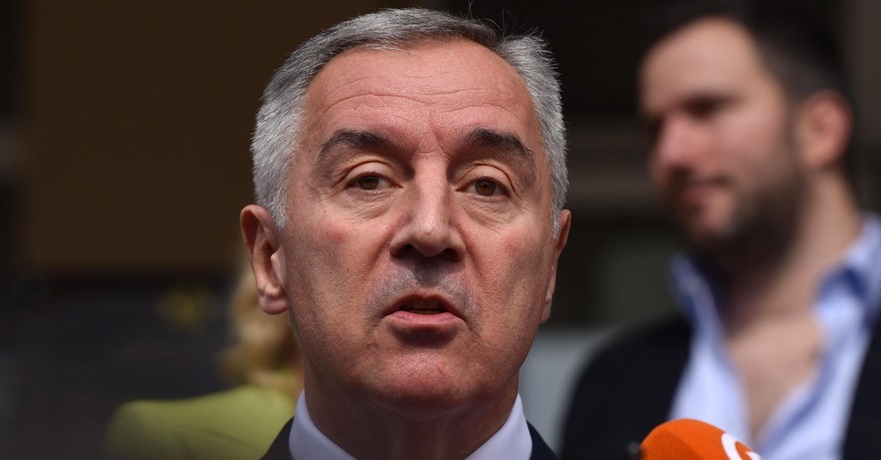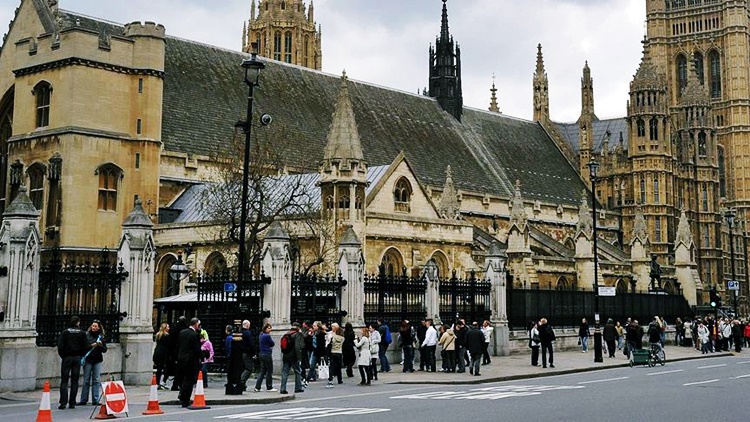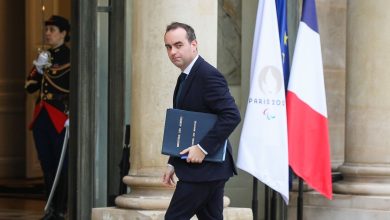Montenegro Presidential Election Advances to runoff
Montenegro: President must be determined in a runoff

According to the first forecasts, the next president of Montenegro will be decided in a run-off election: In the first ballot, incumbent Djukanović received around 35 percent of the votes – competitor Milatović got around 29 percent.
In the presidential election in Montenegro, the pro-Western incumbent Milo Djukanović got the most votes, but has to go to a runoff. According to forecasts, Djukanović got 35.5 percent, falling short of the 50 percent mark that would have been required for an election in the first round. Official results are still pending.
Runoff election expected on April 2nd
If the result is confirmed, his opponent in a runoff election on April 2 will be the economist Jakov Milatović. He got 28.8 percent of the votes. His party “Europe Now!” presents itself as modern and reform-oriented and is close to the Serbian Orthodox Church, which is controlled from Belgrade.
According to the forecasts, third place went to the openly pro-Serbian politician Andrija Mandić, who favors closer ties between Montenegro and neighboring Serbia and Russia. He received 19.2 percent.
Around 540,000 eligible voters in the NATO state of Montenegro were called upon to elect the next president. The vote took place under the impression of directional struggles over the political future of the country.
Opponents accuse Djukanović of corruption
Djukanović has held the highest political offices in Montenegro for decades. His opponents accuse him and his centre-left DPS party of corruption and links to organized crime. The President and the DPS reject this.
There are pro-Western currents in Montenegro, with Djukanović among the most prominent representatives. Other forces want to promote and strengthen ties with Serbia and Russia. Djukanović has declared the presidential election a decision for an independent Montenegro or a country controlled by Serbia and Russia. “Just a few years ago, nobody could have imagined that we would again be fighting a decisive battle for the survival of Montenegro,” he said at an election rally.
Djukanović and the DPS led Montenegro to independence from Serbia in 2006 and into NATO in 2017. Montenegro has been in a political crisis for a long time. There were repeated votes of no confidence and arguments between the President and MPs. Djukanović only dissolved parliament on Thursday and called early parliamentary elections for June 11.
Montenegro heavily dependent on tourism
Montenegro is largely dependent on tourism revenue. The country is one of the six Western Balkan countries that want to join the EU. The currency in Montenegro is the euro, although it is not officially part of the euro area. The population is divided: while members of one population group see themselves as Montenegrins, others see themselves as Serbs and reject the independence declared in 2006.
After Russia’s invasion of Ukraine, Montenegro joined the EU sanctions against Moscow. The Kremlin has therefore put the country on its list of unfriendly states.



